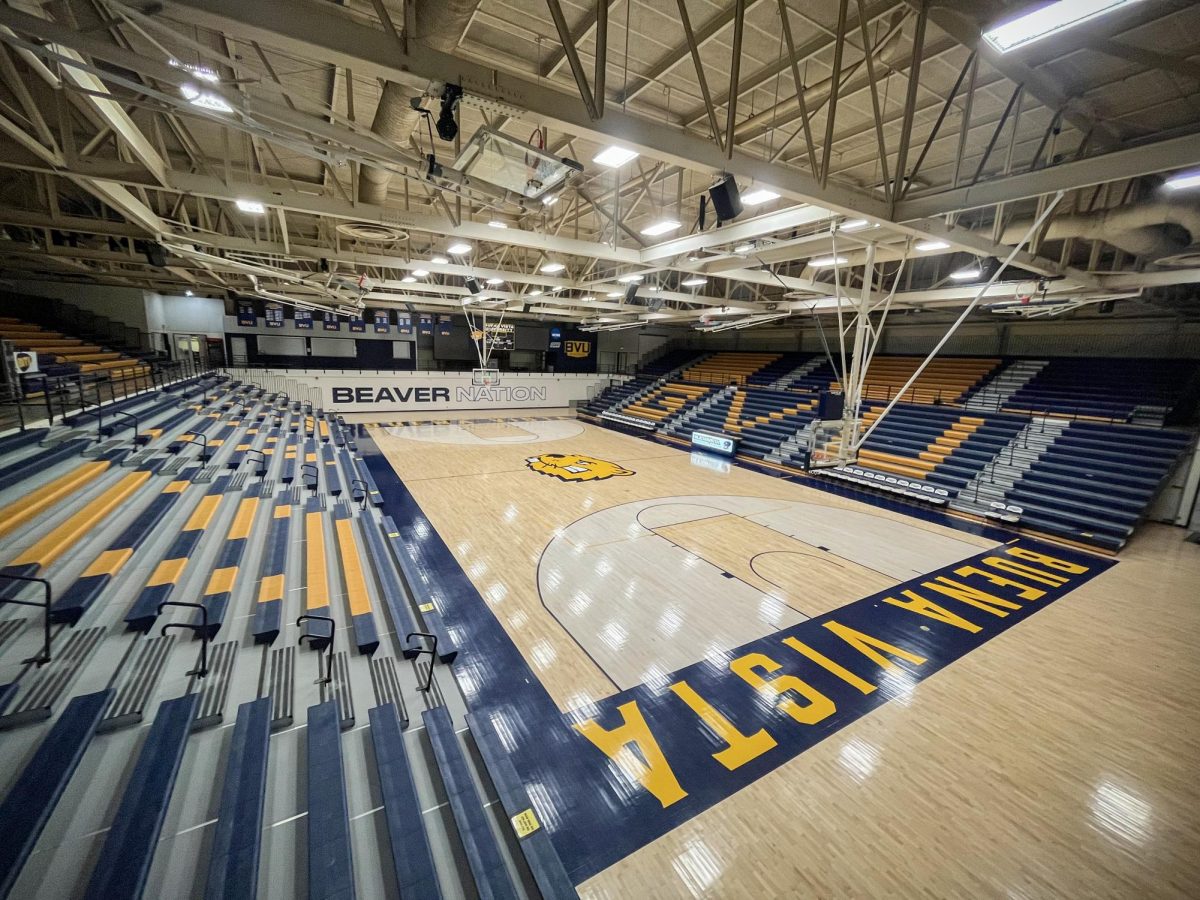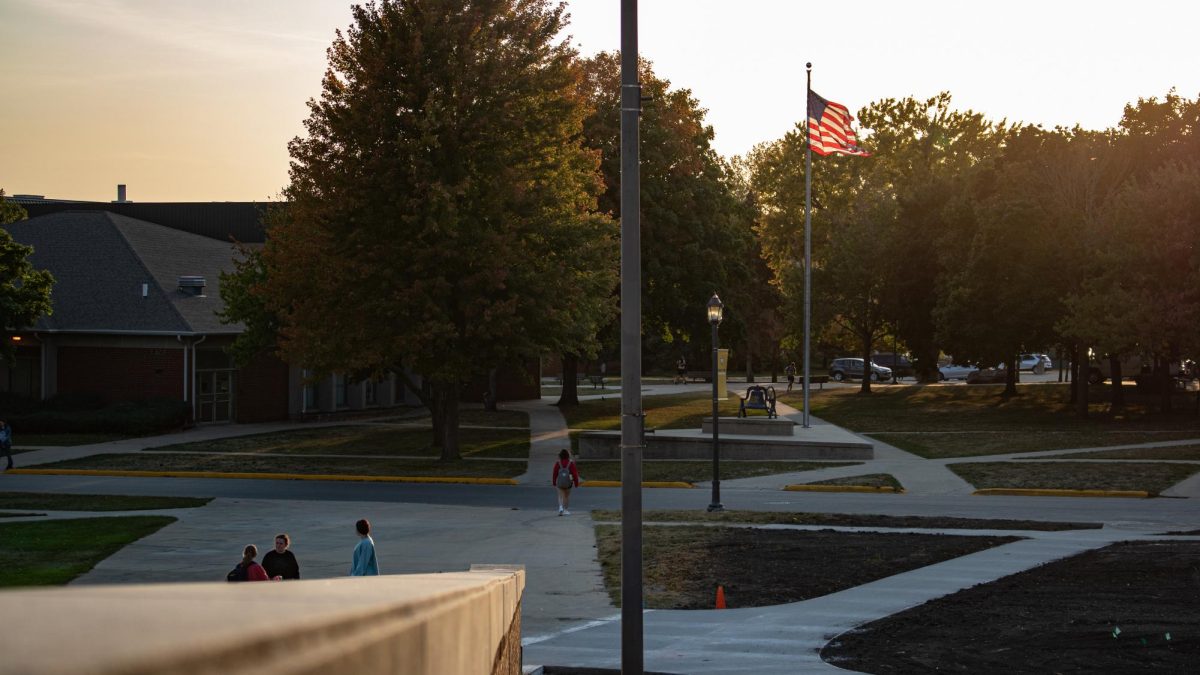Coaching changes are expected in college sports but when they happen too often, it can create problems, especially for the student-athletes who commit to a program expecting stability.
At Buena Vista University, we’ve seen several coaches come and go across different sports. Some of these changes are understandable as people move on to new jobs, retire, or face performance issues. But when this becomes a pattern, it creates uncertainty for teams and can hurt the experience for athletes.
Sometimes student-athletes choose a school not only for academics, but also to grow under a coach’s leadership. When that coach leaves, athletes are left to being forced to start over. They may need to learn new systems, adjust to different coaching styles, or try to build trust with someone they didn’t choose. For many, that can be frustrating and emotionally exhausting. A study published in SAGE found that frequent coaching changes can negatively impact student-athletes’ emotional well-being, leading to increased stress and decreased satisfaction with their athletic experience.
As this emotional toll builds up over time players start to question their place, their progress, and their own potential within a program that feels like it’s always in transition. For younger athletes especially, those first few years of college are already full of big changes and losing a coach in the middle of that transition can throw everything off balance, from training routines to personal support systems.
We also need to think about why coaches are leaving. An article from Forbes highlights that burnout is becoming more common in the coaching profession, often due to long hours, pressure to win, and lack of support. If schools don’t take care of their coaches, it becomes harder to keep them around and that instability rolls downhill onto its athletes.
Not just being about wins and losses. It’s about relationships and the daily investment coaches make in shaping student-athletes’ lives. When a good coach leaves because of burnout, the loss is much deeper than just losing a game.
On the flip side, when programs do provide a consistent and supportive coaching environment, the benefits are clear. Research published from the National Library of Medicine emphasizes that effective coaching behaviors directly contribute to positive athlete outcomes like performance, enjoyment, and self-esteem.
Stability doesn’t just keep things running smoothly, it creates a foundation for growth being both an athlete and a person.
BVU has a strong community, and our athletic programs are a huge part behind that. But if we want our teams to grow and succeed, we need to make coaching stability a real priority and not just hope it works out.
Support doesn’t always mean big budgets or fancy facilities. It can start with small steps like listening to coaches, addressing concerns, and building a culture that encourages them to stay.
Supporting our coaches means supporting our athletes. And that’s what really matters.










